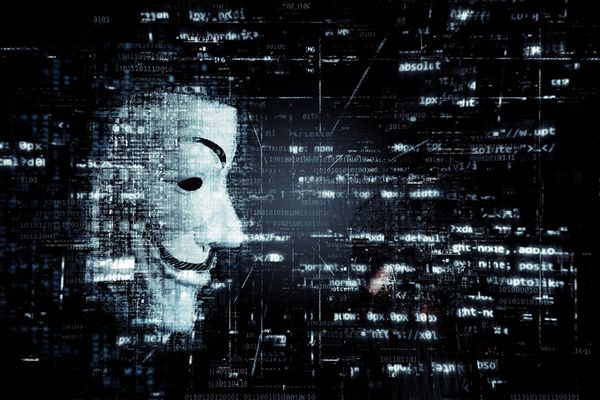Internet freedom slipping through our fingers; governments use troll armies for manipulation

Where is government manipulation going and how is it affecting net neutrality? According to a report compiled by watchdog Freedom of the Net, online manipulation was the centerpiece of elections in as many as 18 countries in the past year, including the US.
“The use of paid commentators and political bots to spread government propaganda was pioneered by China and Russia but has now gone global,” said Michael Abramowitz, president of Freedom House. “The effects of these rapidly spreading techniques on democracy and civic activism are potentially devastating.”
While security experts discuss state attacks and Russian hacks of the US presidential election, the survey confirms that foreign actors as well as local governments in at least 18 countries intervened by manipulating opinion on the internet, including social media, spreading fake news and using automated bot accounts to indoctrinate the public with false information, which is not always easy to identify. These actions threaten the concept of net neutrality and liberties on which the internet was built.
“Disinformation tactics contributed to a seventh consecutive year of overall decline in internet freedom, as did a rise in disruptions to mobile internet service and increases in physical and technical attacks on human rights defenders and independent media,” found the report.
As many as 30 countries, including Turkey, Sudan, Venezuela and the Philippines, used gangs of tolls to manipulate and distort public opinion. Russia”s “troll farm”, also known as the Internet Research Agency, has been linked to a close business contact of President Vladimir Putin. China is the most restrictive when it comes to internet freedom, as besides armies of bloggers and social media account owners, it also practices online censorship.
In Brazil, Mexico, Pakistan, Syria and four other countries, extreme measures were taken against online journalists or people leaving their opinions online, some ending up dead.
“Venezuela, the Philippines, and Turkey were among 30 countries where governments were found to employ armies of “opinion shapers” to spread government views, drive particular agendas, and counter government critics on social media,” says the report. “The number of governments attempting to control online discussions in this manner has risen each year since Freedom House began systematically tracking the phenomenon in 2009.”
In 2017, as many as 14 countries enacted legislation that restricts internet use or banned the use of VPNs, while the internet stopped working during political events in 19 countries.
tags
Author
After having addressed topics such as NFC, startups, and tech innovation, she has now shifted focus to internet security, with a keen interest in smart homes and IoT threats.
View all postsRight now Top posts
Torrents with Pirated TV Shows Used to Push Lumma Stealer Malware
November 14, 2024
What Key Cyberthreats Do Small Businesses Face?
September 06, 2024
FOLLOW US ON SOCIAL MEDIA
You might also like
Bookmarks








